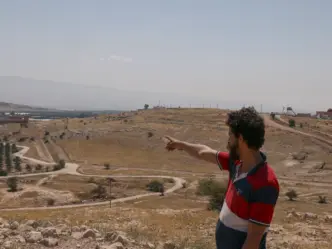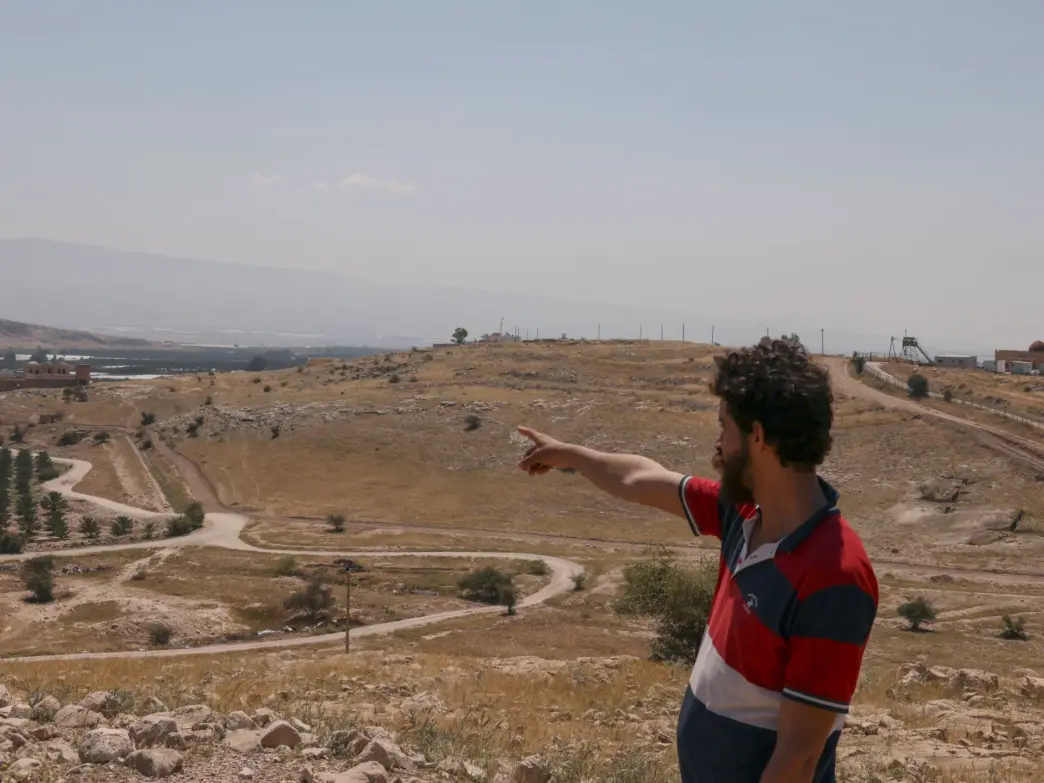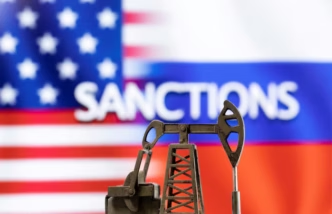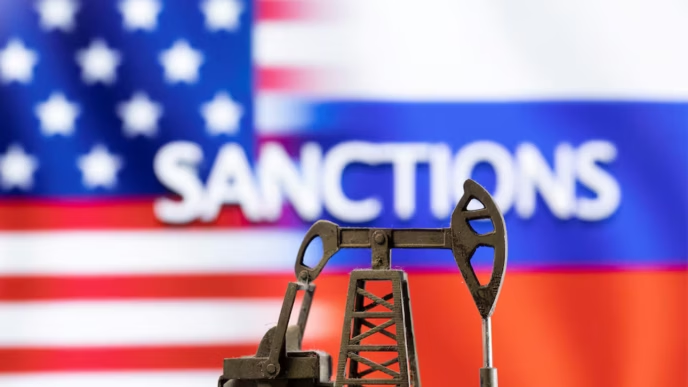An Israeli heritage rights group has condemned a move to seize almost 500 acres of privately owned Palestinian land near the historic West Bank archaeological site of Sebastia.
Emek Shaveh, an organisation focused on cultural heritage and the political implications of archaeological sites, said on Monday that residents feared the expropriation would severely limit their access to farmland and risk the loss of around 3,000 olive trees, including many that are centuries old.
The land seizure was formally publicised on November 12 by COGAT, the Israeli authority responsible for civil affairs in the occupied Palestinian territories.
The notice outlined plans to confiscate several plots, most of which belong to the Palestinian community of Sebastia.
According to the Israeli authorities, the stated purpose is the “preservation and development” of the ancient site.
Sebastia, which dates back to the Iron Age, has increasingly become a focus of Israeli interest.

Emek Shaveh said Israel began expanding its involvement in 2023, introducing a development plan for the site and later taking control of the summit of the archaeological mound.
The site lies within Area C—the part of the West Bank under full Israeli control following the Oslo Accords.
Sebastia village has built a modest tourism economy around the archaeological attraction, but campaigners warn that the new plans could undermine it.
The proposals include a dedicated Israeli-only access road, fencing around the site, and the introduction of an entry fee, measures that residents say would restrict Palestinian access.
Peace Now, another Israeli group monitoring settlement activity, said the latest expropriation was the largest ever undertaken in the West Bank for archaeological development.
It noted that Israel has carried out similar seizures five times since the territory was occupied in 1967.
Although such actions are officially presented as serving a public interest, Peace Now said that in every previous case, Palestinians were eventually excluded from the sites.
The group argued that the Sebastia plan follows the same pattern — facilitating Israeli access while limiting that of local Palestinians.


 Trending
Trending 













